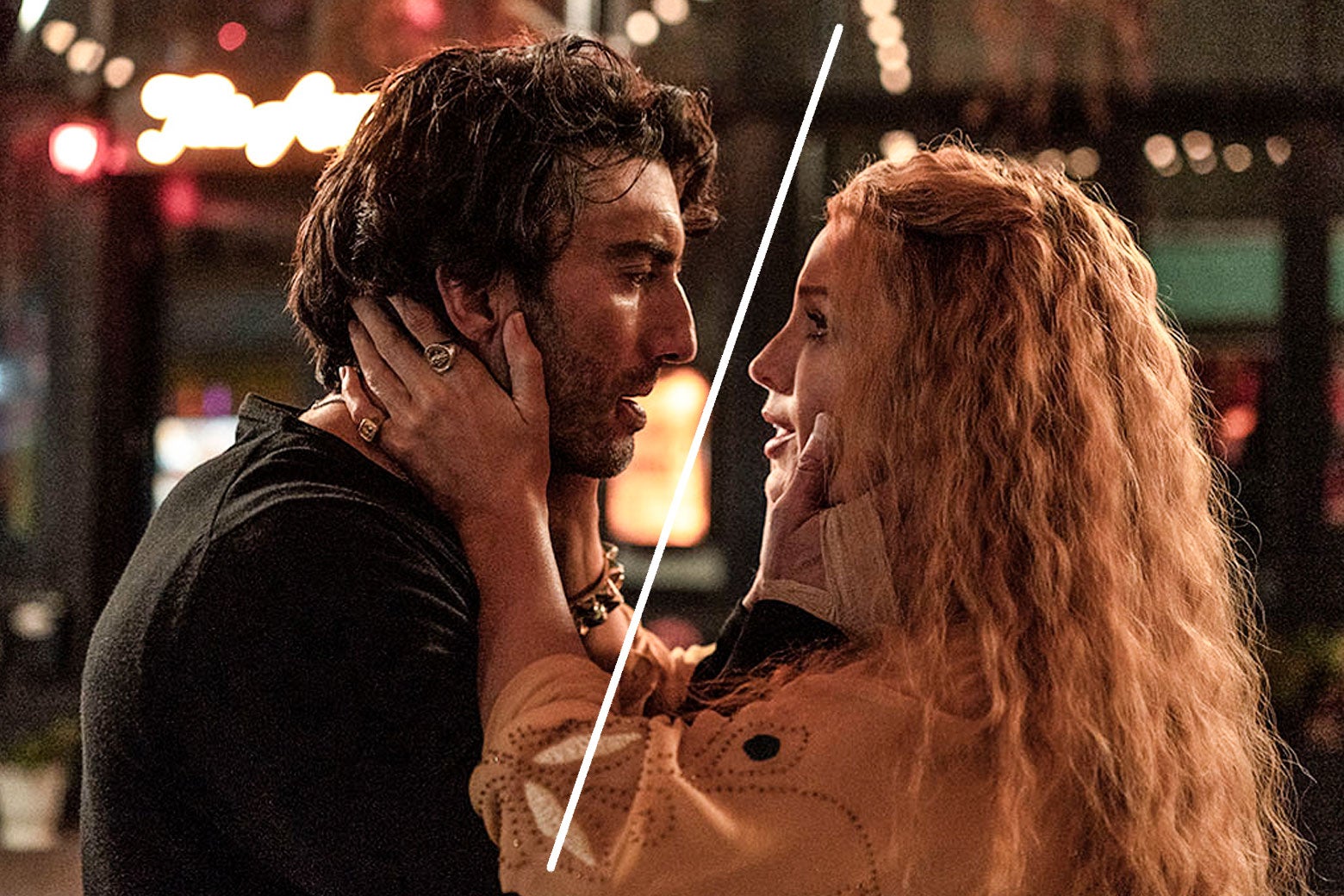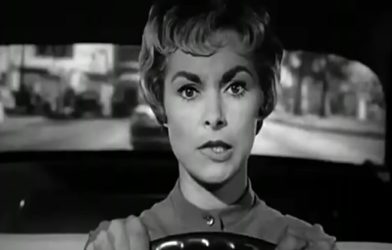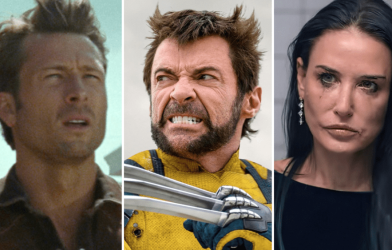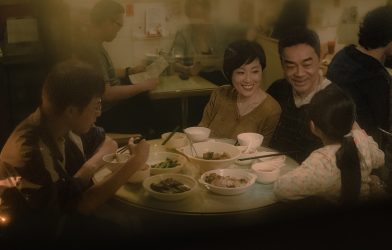If there’s anything I love more than a bad movie, it’s a bad movie with lore. Lo, here comes an adaptation of Colleen Hoover’s spiritless and bestselling novel It Ends With Us, starring Blake Lively (who also produced it) and Justin Baldoni (who also produced and directed it). The details of the movie are almost ancillary to the details of the alleged mini-feud that seems to be emerging through the film’s promotion: Most of the cast members, as social media users with a lot of time on their hands have observed, have unfollowed Baldoni on Instagram and have sidestepped press questions about him entirely. The most dominant rumor thus far is that Baldoni was railroaded by Lively—and her husband Ryan Reynolds—during the movie’s postproduction. Others speculate that Baldoni made Lively uncomfortable on set, and that the rest of the cast has sided with the Go Piss Girl in solidarity.
Both versions of reality are perfectly plausible: On the one hand, Lively (along with her husband) is a powerful Hollywood figure and one of the movie’s producers. On the other hand, men. But after seeing It Ends With Us, I’m now less curious about who has true ownership over this movie and more curious about why anyone would want ownership over it in the first place. Perhaps Baldoni should consider rumors that Lively took over to be a blessing: He can live in a world where this movie is not his doing.
I am going to spoil the end of this movie for you now, because it is bad: Blake plays Lily Blossom Bloom (I know), a young woman who’s on the verge of opening up her own flower shop (I know) called “Lily Bloom’s,” which is stupid, because “Lily’s Blooms” is right there. The movie switches between teen Lily (ably played by an underutilized Isabela Ferrer) porking her first love (who also happens to be unhoused?) and adult Lily and her relationship with her husband, Ryle. Ryle is named thusly presumably because he gets Ryled up real easily over nothing—much of the movie is about him physically abusing his wife because he burned some eggs or because he’s jealous over the guy she dated when she was in high school. (If it sounds like I’m being dismissive about domestic abuse, I guarantee you I am not. This movie is largely detached from reality.)
Throughout the movie, Ryle slaps Lily; he pushes her down a flight of stairs; he sexually assaults her before trying to bite off a tattoo she got in honor of her first love. (The movie does deploy some restraint here; violence is creatively hidden from the audience, not showing us more than we absolutely need to see.) She gets pregnant, leaves her husband, names the baby after the brother Ryle accidentally killed as a child (the supposed root of his anger issues), and asks for a divorce. It’s an absolute slog, a domestic violence awareness campaign doused in Gucci’s Bloom, replete with a main character who feels like she was written by three preteen girls who were guessing at what men might like about a woman. Lily, seemingly allergic to a hairbrush, flits about in manic-pixie-dream-girl mode before finally finding the strength to move on from an abusive relationship after giving birth to a baby girl.
I went to see the movie last night in a suburban movie theater in Alberta with my 70-year-old mother, who’s a Hoover buff; the shelves of my childhood home, once filled exclusively with novels about brown people, are now filled with paperback novels about White Woman Longing. When we sat in our seats, the 16-year-old girls in the row behind us raised their fists in solidarity. “It ends with us,” they said. My mother, who has never had anything in common with a teenage girl in her life despite allegedly having once been one, smiled broadly at them.
You know how mortifying it is to watch a movie with your parents when a sudden sex scene comes on the screen? There you are, just trying to spend some time with your family, only to freeze in your seat because two writhing bodies are artistically rubbing butts. Seeing It Ends With Us in a theater has a similarly chilling effect, except you’re the adult, and the crowd is full of teenage girls who have never seen a man’s bare chest in their life. Through every sex scene, the audience groaned with secondhand embarrassment. “So awkward,” the girls behind me chirped. “So hot.” Indeed, the teens understood the essential core of this film: It is so awkward, and it is so hot (if you are a virgin).
Throughout the 2-hour-and-10-minute movie (it’s longer than Casablanca?!), I kept wondering whose fault this was. Is It Ends With Us Lively’s baby, as she has so often said in interviews about the movie? Is it Baldoni’s fault, as the director? Who else can I blame for one of the movie’s strangest unexplained threads: Lily’s childhood love of … Ellen DeGeneres? You expect me to believe that this teenager—who is alive during the heyday of Ellen in the early 2010s, who has a smartphone and laptop (presumably), or at least access to a library—is writing handwritten letters to … Ellen?
But allow me to reassure both Lively and Baldoni, with their roles in this movie still somewhat publically nebulous: Neither of them ever had that much control. No matter how much acting Baldoni’s jawline does (and boy, is it carrying some scenes on its own), and no matter how much Lively bites her lower lip (someone went to the Bella Swan school of acting, I see), the movie isn’t about either of them. It’s about Hoover, who brought this movie to light through her wildly popular books. The names Lily Blossom Bloom and Ryle? Hoover’s fault. The obsession with Ellen? Hoover’s doing—in fact, in the book, Lily’s daughter’s middle name is “Dory,” for reasons I assume you, a non-idiot, will now be able to put together. The fact that seemingly every single character is unable to connect with another unless there’s some backstory of extreme violence and abuse and trauma? That’s Hoover for ya.
Baldoni and Lively still appear to be squabbling, subtly, in the press over the movie. There’s resurfaced footage of them in so-called heated arguments on set. It seems like a schism has formed between cast and director, which isn’t entirely uncommon for a film set, but maybe is for a movie like this. But allow me to redirect credit—or blame, as it were—to its rightful recipient. It Ends With Us has Hoover—who is an executive producer of the film, to be fair—all over it; it’s pure fan service, so if you’re going to see this plodding, condescending cinema destined for the Lifetime channel, you best be a fan of the books.
When the movie ended, I asked the two teenagers seated behind us if they enjoyed it. “It was good, but they cut so much stuff!” the 16-year-old said. “What about the magnet? What about the poker game?” I had no idea what they were talking about, but my mother agreed—the book had far more detail and grit, much of which was cut for time in the movie. Here, a gaggle of impish teens in Zumiez hoodies and my 70-year-old mother in a custom knee brace found charming commonality: gesticulating wildly at each other, talking about all the things the movie got wrong. They were offended by the liberties the movie took, the lack of detail compared to the novel. No one in this theater was ever here for Baldoni or Lively; it was Hoover all the way down.









